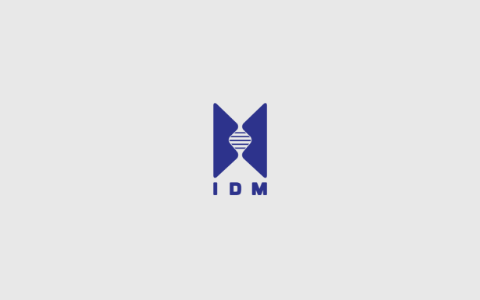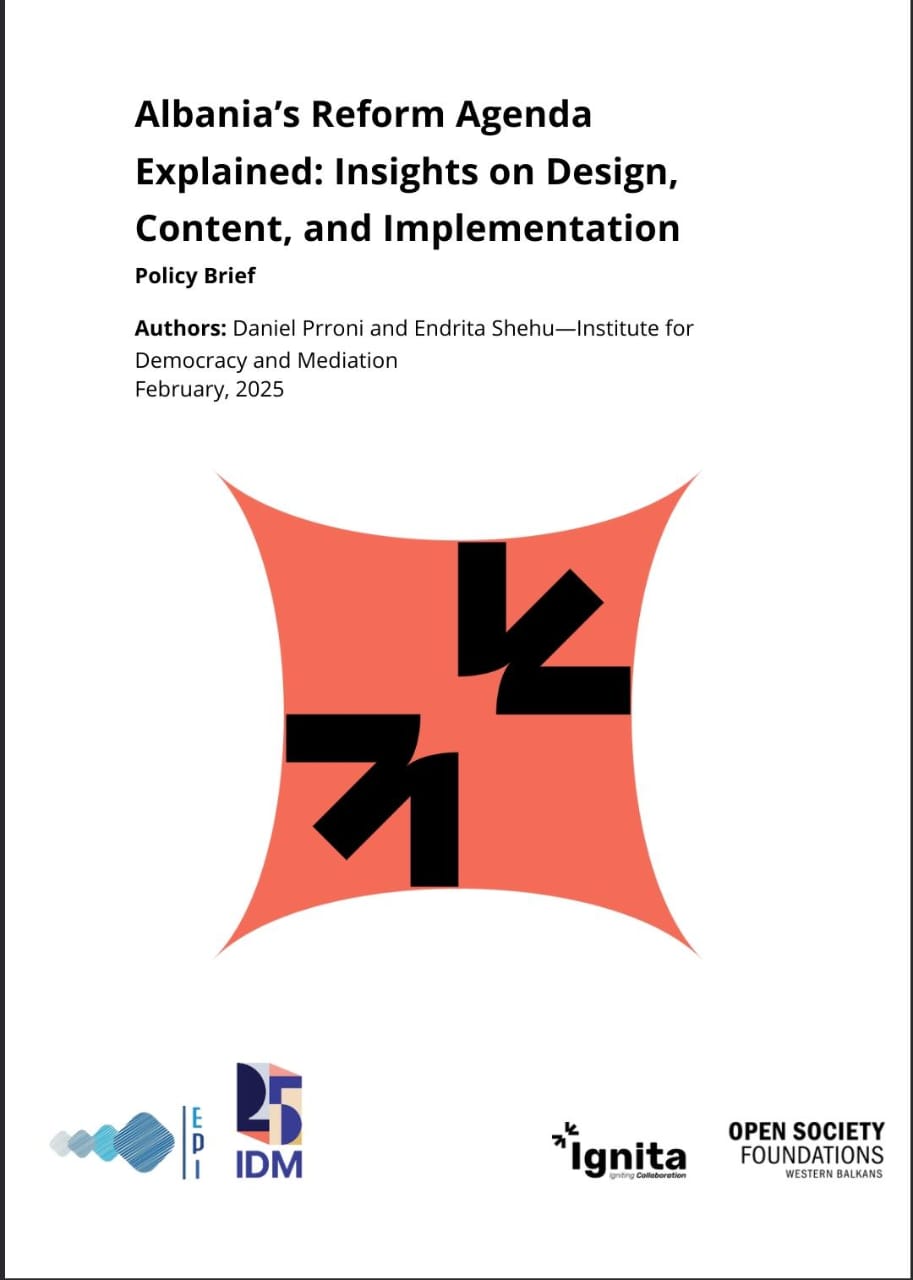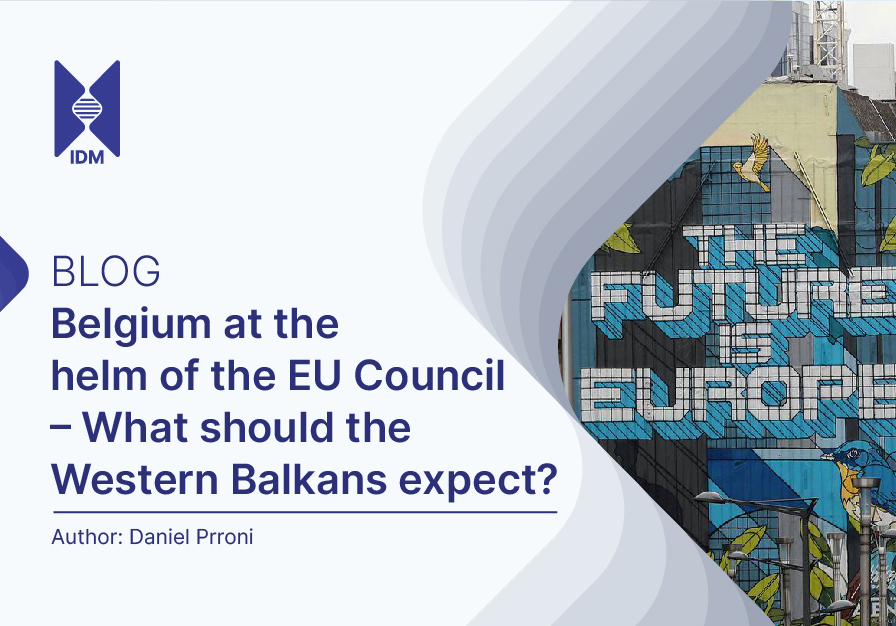Belgium at the helm of the EU Council – What should the Western Balkans expect?
Author: Daniel Prroni
New presidency, same order of business
At the start of the year, Belgium took over the EU Council presidency from Spain as part of the trio presidency, which also includes Hungary, scheduled to assume the presidency in July. The Belgian presidency will take place in a challenging context, as it will have to grapple with pressing issues such as talks to reform the bloc, crucial legislative initiatives to fairly transition towards a sustainable economy, the governance of the digital ecosystem, and handling the ongoing conflicts.
However, it does not have much time to act. With European elections set for June, there are only three months, instead of the typical six, to address legislative matters, as the final plenary session is in April. Any unresolved matters will be inherited by the next European Parliament and the newly formed Commission. Belgium will also have to contend with arranging its own national elections during the presidency, as did its predecessor.
Nevertheless, the Belgian delegation remains optimist about meeting the challenge and leveraging the achievements of the previous Spanish presidency. On the enlargement policy, the headline of the previous presidency was starting accession talks with Ukraine and Moldova. In the last gasp, it managed to move forward with the Schengen enlargement with Bulgaria and Romania.
This year marks 20 years since the largest expansion of the European Union where ten countries, mostly from the former Eastern bloc, joined the Union. Being one of the founding members, Belgium has a pro-European attitude and, despite a stark internal political diversity, it remains committed to European integration. It might even be said that the idea of European integration largely contributes to maintain the unity of the country itself, not unlike some of the countries in the Western Balkans.
Enlargement matters have kept their usual presence in the presidency’s priorities. Essentially, Belgium intends to continue the formal negotiation process for candidate countries while pushing forward the efforts for internal restructuring based on the outcomes of the Conference on the Future of Europe.
The program outlines the key areas in which it will actively pursue the reforms agenda. These include the rule of law, democratic institutions, media freedom, and fundamental rights, mirroring the concerns reflected in this year’s country reports of the European Commission. Whereas in terms of rethinking the EU’s decision-making design, the Belgian presidency intends to advance the talks on implementing Qualified Majority Voting in the Common Foreign and Security Policy, strengthening the Union’s capacity to take action on enlargement matters. Lastly, it seeks to better shape the European Political Community as a flexible platform for high-level dialogue among EU members and neighbouring countries.
What lies ahead for the Western Balkans?
After completing the screening process meetings, the Albanian government initially expected to start accession negotiations on the first cluster by the end of 2023. This did not occur, and it is now set to be scheduled for the first half of the year, if opening benchmarks are met. However, there is a looming threat of a Greek veto, and it remains uncertain whether it will materialize. It falls to the Belgian presidency to avoid yet another bilateral dispute disrupting the formal accession negotiation process.
The accession process for North Macedonia seems to have stalled (again) due to the demand to revise the constitution to include ethnic Bulgarians as an additional minority. The EU has consistently held that the negotiation process depends on the approval of the constitutional changes. However, these changes have faced public controversy, with a large majority of the people opposing them, and it appears unlikely that the amendments will be passed before the upcoming national elections later this year. This suggests that the Belgian presidency will probably not oversee the start of accession negotiations with North Macedonia on the fundamentals cluster.
The strained ties between the EU and Serbia continue as quarrels keep piling up. While formal accession negotiations have not progressed for over a decade, critical points of contention demand attention at the political level. In December 2023, Serbia held parliamentary elections which were customarily won by the ruling party amid strong criticism about election theft. Acknowledging irregularities, the EU has called for an independent investigation to guide any decision on potential measures. All the while, the EU awaits another report, this time on the terrorist attack in north Kosova, in which a large group of armed Serb militants attacked Kosova police. While authorities in Kosova claim to have presented the EU with evidence and proof of Belgrade’s involvement, the EU is holding off on imposing measures. More recently, a pro-Kosova independence Serb opposition politician suffered grave injuries while in custody of the secret service, following his apologetic visit to the Prekaz massacre site. Again, the incident is under EU scrutiny, which awaits further clarifications.
The Council will have to examine and decide on its course of action in response to these cases. However, prospects of actual consequences are low, as the EU continues to tolerate such behaviour. Its approach to avoid alienating Serbia is guided mostly by strategic considerations, including preventing migrant influxes through the Western Balkans, countering Russian influence, and securing access to one of Europe’s largest lithium deposits, crucial for producing electric vehicles.
By the end of 2023, EU leaders announced that Bosnia and Herzegovina would start accession talks once they meet a certain level of the membership criteria. The assessment of compliance is scheduled for March, with the European Commission and member states supporting the negotiation opening. The outcome of this will determine how well Belgian presidency performs, as any further misjudged delay could undermine the trust in the EU and fuel more obstructionist acts by separatist forces.
Montenegro is expected to continue with the negotiation process unless political tensions interfere. Whereas, making projections for Kosova is challenging, as the EU is yet to agree on any (formal) progress in its accession process despite the country submitting the application in 2022. However, discussions could take place during this period on lifting the political and economic measures against Kosova. Belgium could play a leading role as one of the twelve signatories of a letter sent to the EU, urging an end to these measures.
Altogether, the Western Balkans can expect a sense of routine in the Belgian presidency’s approach to enlargement matters. The focus will be on keeping the region within the EU’s geopolitical orbit while the EU switches into election mode. Nonetheless, there are important decisions to be made in the meantime for the 2030 enlargement target to have a realistic chance.





